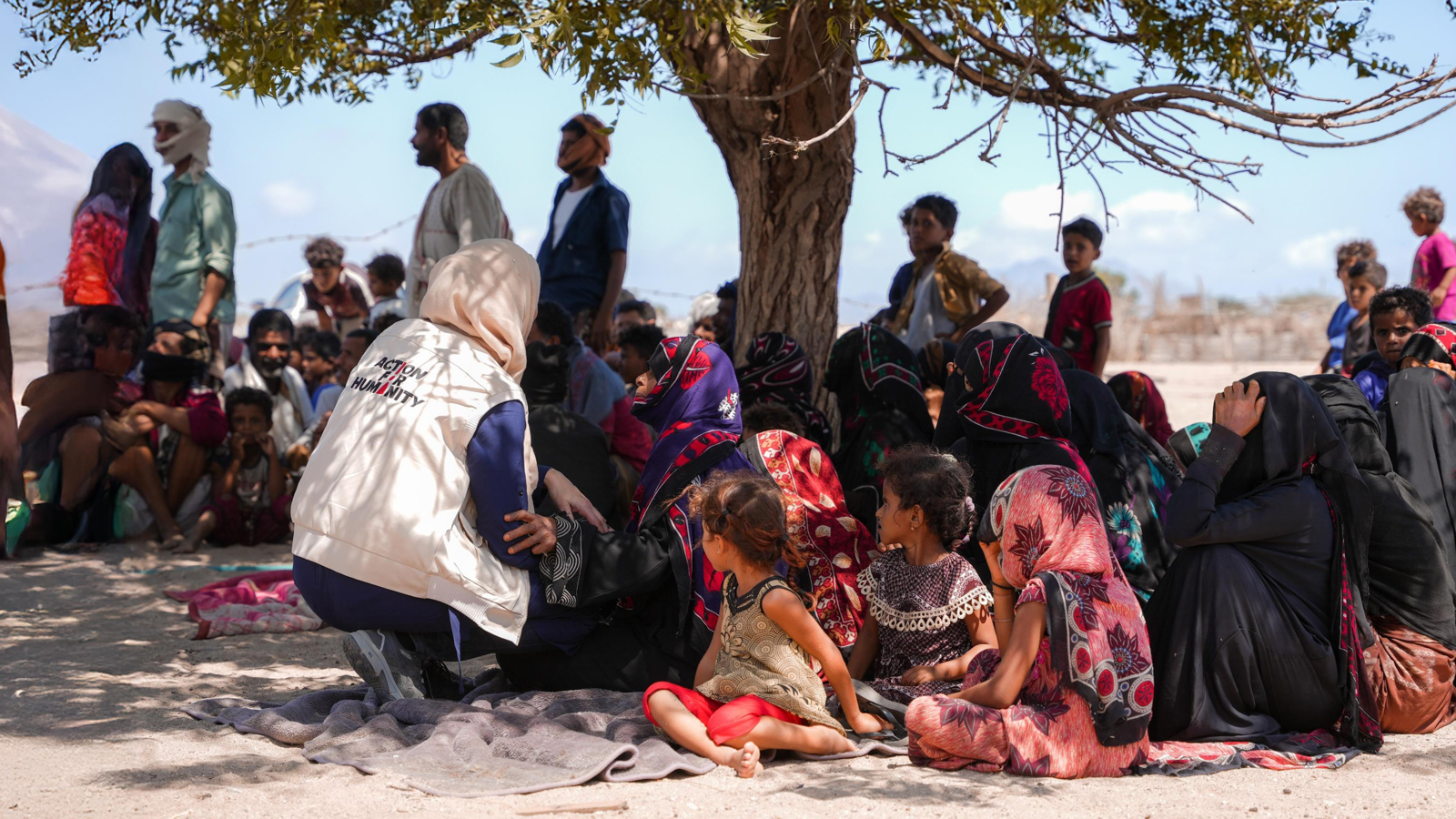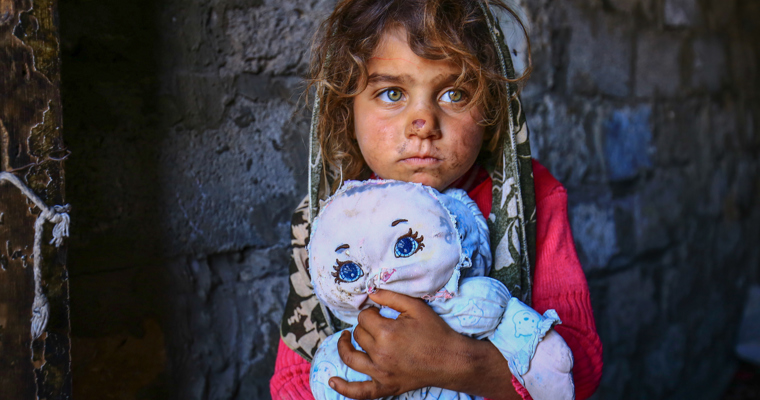
OUR ZAKAT PROJECTS
Learn how your Zakat contributions can bring about positive change, providing crucial support to those in need.
Calculate Zakat
OUR ZAKAT POLICY
CLICK TO DOWNLOAD ZAKAT POLICY 2026

Transparent
We allocate Zakat with full transparency. No more than 12.5% is used for project delivery and essential admin costs.

Trusted by Scholars
We have tailored this policy to our own governance, whilst maintaining full compliance with Islamic principles.

Maximum Impact
With one of the lowest admin fees in the sector, you can ensure your Zakat reach those most in need.
Zakat: One of the Five Pillars of Islam
Zakat is one of the five fundamental pillars of Islam, mandatory for every Muslim. It is the duty for every sane, adult Muslim possessing more wealth than the level of nisab to pay 2.5% of this wealth as Zakat. Eligible Muslims pay Zakat once a year, usually during Ramadan, and it is due as soon as one lunar (Islamic) year has passed. The Zakat of every Muslim is then distributed to those who meet the criteria to receive it.
“And establish prayer and give Zakat, and whatever good you put forward for yourselves – you will find it with Allah.” (2:110, Qur'an)
Fulfil your obligation, purify your wealth and help empower those most in need.

RELIGIOUS GIVING
We have a range of options for you to donate to our worthwhile causes. From sponsoring an orphan in one of our conflict zones, to providing religious giving via Zakat, Fidya, Sadaqah, & Fitrana.
Make sure your blessed donation makes an impact to those who need it most.

SADAQAH
Discover how your generous contributions can uplift the less fortunate, providing essential support and making a meaningful impact to those in need.
DONATE NOW
FIDYA
To those unable to observe fasting during Ramadan, understand how your contributions can make a difference in providing sustenance and support.
DONATE NOW
KAFFARAH
Your Kaffarah can help establish and sustain healthcare facilities, providing vital support to communities.
DONATE NOWWHY GIVE YOUR ZAKAT TO ACTION FOR HUMANITY?

Reach People in Need
We deliver emergency aid in areas that other organisations are unable to reach, fulfilling your religious obligations, while ensuring those in desperate need receive help.

Dedicated Bank Accounts
Your Zakat funds will be held in a dedicated, interest-free, bank account prior to being dispersed on programmes in designated countries, ensuring Zakat funds are only used for sole Zakat purposes.

Secure Administration
Your Zakat is securely administered according to Islamic principles. We adhere to strict interpretation of where Zakat can be spent to ensure it aligns with donor intentiality, as well as in accordance with divine command.
GIVE ZAKAT TO OTHER COUNTRIES
While global attention often focuses on major crises, many communities in less-publicised regions are still facing severe hardship. Action For Humanity is committed to reaching these forgotten areas, delivering essential relief and long-term support.
ZAKAT FAQs
Define the meaning and purpose of Zakat?
The term "zakat" literally translates to "purification" and "growth" in Arabic. It represents a form of alms-giving and religious tax in Islam. By giving zakat, Muslims purify their wealth and souls, and it helps in redistributing wealth in society, thereby reducing economic disparity.
When is Zakat eligible and how do we calculate it?
Zakat is obligatory for adult Muslims who meet the necessary criteria of wealth, known as the "nisab." The nisab is the minimum amount of wealth a Muslim must possess before they are liable to pay zakat. This threshold varies depending on the current value of gold or silver. Zakat is typically 2.5% of a Muslim's total savings and wealth, calculated over a lunar year.
Which group of people are eligible to receive Zakat?
There are specific categories of people who are eligible to receive zakat, as mentioned in the Quran. These include the poor, the needy, those employed to collect zakat, to reconcile hearts, free captives, help those in debt, for the cause of Allah, and for the stranded traveler.
What is the significance of Zakat in our society?
Zakat plays a crucial role in Islamic societies. It's a key tool for social welfare and poverty alleviation. By redistributing wealth from the richer segments of society to the poorer, zakat helps in balancing social inequality and is seen as a form of social solidarity.
What is Zakat-ul-Fitr?
Apart from the zakat on wealth, there's a special form of zakat called "zakat al-Fitr" which is paid at the end of Ramadan, before the Eid al-Fitr prayers. This is a smaller form of zakat that is obligatory for all Muslims, regardless of their age or financial status, and is aimed to purify those who fast from any indecent act or speech and to help the poor and needy.
What is Zakat modern application?
In the contemporary world, the practice of zakat has adapted to include modern financial systems. Muslims around the world pay zakat through various means, including online payments, to organizations that distribute the funds to those in need.



